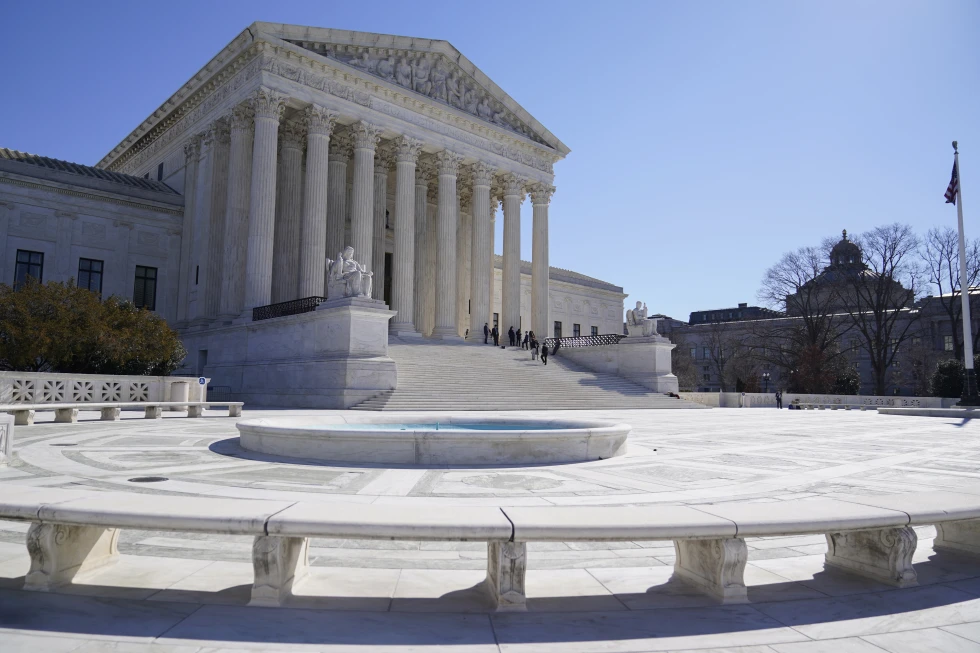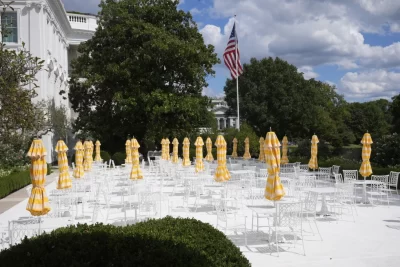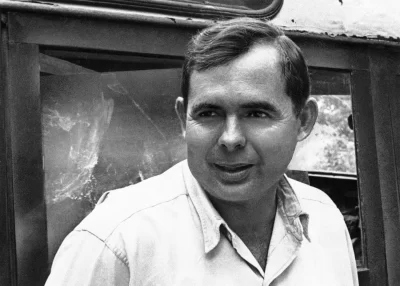
WASHINGTON — The Supreme Court on Wednesday is taking up challenges by commercial fishermen to a fee requirement that could achieve a long-sought goal of business and conservative interests: limiting a wide swath of government regulations.
Billions of dollars are potentially at stake in front of a court that, like the rest of the federal judiciary, was remade during Donald Trump’s presidency by conservative interests that were motivated as much by weakening the regulatory state as social issues including abortion.
Lawyers for the fishermen are asking the justices to overturn a 40-year-old decision that is among the most frequently cited high court cases in support of regulatory power, including on the environment, public health, workplace safety and consumer protections.
The 1984 decision states that when laws aren’t crystal clear, federal agencies should be allowed to fill in the details as long as they come up with a reasonable interpretation. “Judges are not experts in the field, and are not part of either political branch of government,” Justice John Paul Stevens wrote for the court in 1984, explaining why they should play a limited role. The court ruled 6-0, with three justices recused.
Opponents of the Chevron doctrine argue that judges apply it too often to rubber-stamp decisions made by government bureaucrats. Judges must exercise their own authority and judgment to say what the law is, the lawyers for the company that owns the Rhode Island based Relentless and Persistence fishing boats told the court.
They also say that agencies effectively act as judges in their own cases. “It is patently unfair for a court to defer to an agency’s interpretation in cases where the agency itself is a litigant, before that same court, in the actual case at hand,” the lawyers wrote.
“Chevron gives appropriate weight to the expertise, often of a scientific or technical nature, that federal agencies can bring to bear in interpreting federal statutes,” Solicitor General Elizabeth Prelogar wrote on behalf of the administration.
Environmental, health advocacy groups, civil rights organizations, organized labor and Democrats on the national and state level are urging the court to leave the Chevron decision in place.
Gun, e-cigarette, farm, timber and home-building groups are among the business groups supporting the fishermen. Conservative interests that also intervened in recent high court cases limiting regulation of air and water pollution are backing the fishermen as well.
The justices are hearing two cases on the same issue. Justice Ketanji Brown Jackson is recused in one case, from New Jersey, because she took part in it at an earlier stage when she was an appeals court judge. The full court is participating in the case from Rhode Island, which the justices added to their docket several months later.






